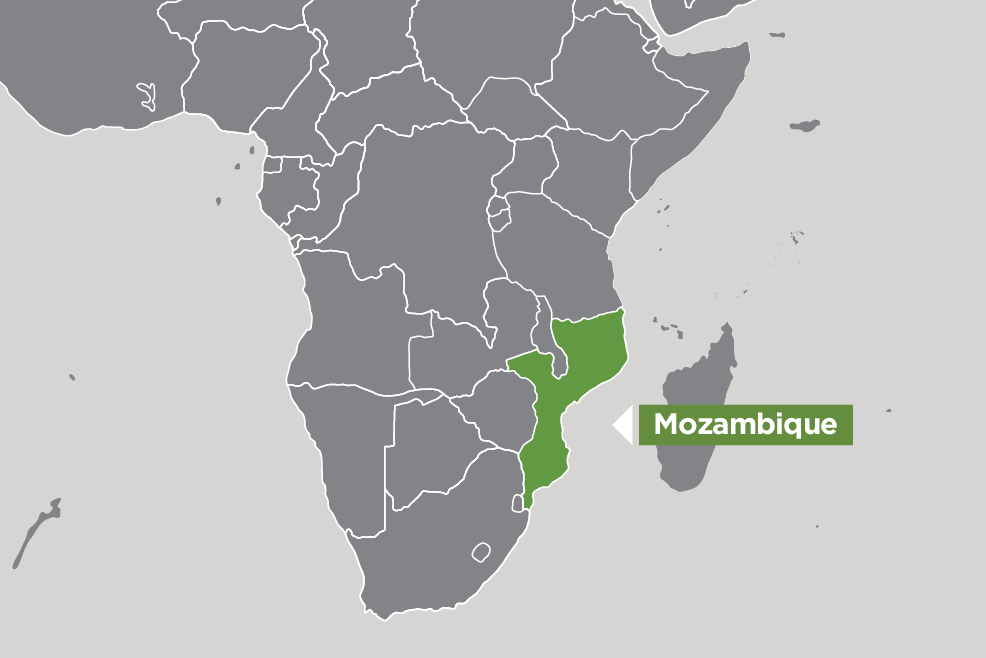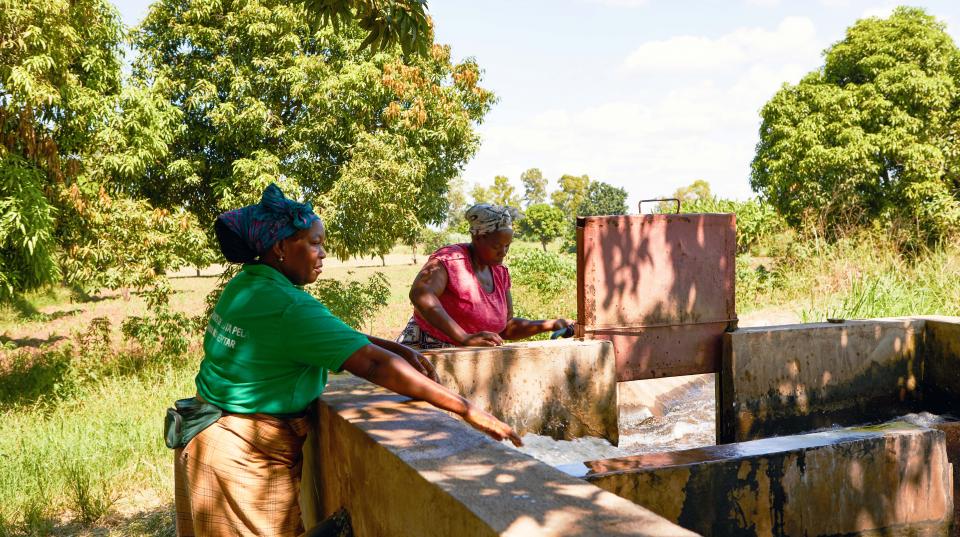Overview
This project aims to increase the productivity, profitability, equity and sustainability of irrigation schemes in Mozambique by testing user-driven business-oriented models.
Agriculture is the main livelihood strategy in Mozambique, however, productivity remains very low. Great potential has been identified for research to introduce innovative ideas that can increase productivity, profitability and institutional sustainability of these small-scale schemes.
The project will combine technical (soil and water management practices), social (business plans and market linkages) and institutional (innovation platforms and water-user associations) innovations in the ongoing schemes to compare changes in their management, productivity and profitability for farmers.
A gender analysis will also be conducted to reveal underlying power dynamics, roles, preferences, and decision-making processes in water access, use and management which will inform the design of more equitable and gender responsive user-driven approaches for managing schemes that are inclusive of all users.
Expected project outcomes
- Increasing use of soil and water management technologies.
- Doubling yields for selected crops, expanded production, increased crop prices through better market linkages and increased incomes for over 1,000 men, women and young farmers.
- Reducing conflict for shared resources at community and household levels, increased farmer willingness to participate in community institutions, and stronger and more inclusive farmer and water user organizations.
- Enhancing skills of extension staff in water management, business planning, microfinance and youth business incubation.
- Supporting three Masters and one PhD students by the project, and enhancing field experience for 12 students involved in data collection and training of farmers.





